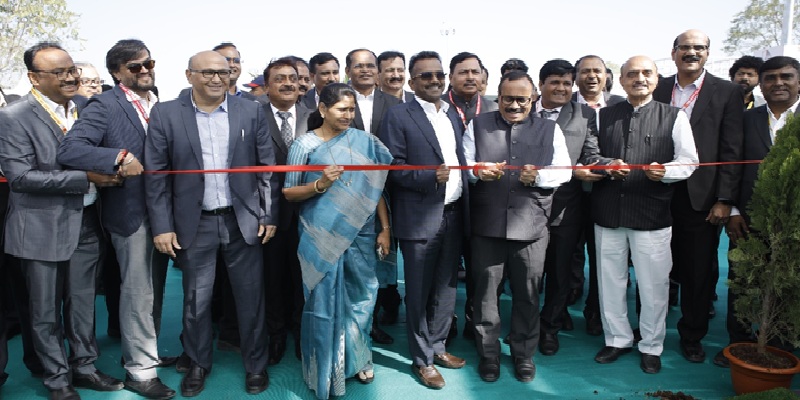Schedule a Call Back
Nurturing Success
 Articles
Articles- Jan 09,24

Neeti Sharma is the Co-Founder and President of TeamLease EdTech, a company that specialises in providing Learning Solutions for the traditional and employed learners. A professional journey of over 30 years with a blend of building and managing businesses, strategic thinking, leadership and making a difference in lives of many both in the Indian and International markets, she has acquired domain expertise and is extremely passionate and operates at the intersection of Employment, Employability and Education. She has also been listed as Top 200 women founders of EdTech companies by HolonIQ.
Related Stories

PCIM Asia New Delhi Conference Debuts, Showcases Power Electronics Future
The inaugural PCIM Asia New Delhi Conference brought global experts, policymakers and industry leaders together to discuss high-efficiency power electronics and India’s evolving energy ecosystem.
Read more
Technip Energies Wins Two Major BPCL Contracts
Technip Energies has secured two large contracts from BPCL for polypropylene, Butene-1 and PRFCC projects at the Bina and Mumbai refineries, strengthening India’s refining and petrochemical capaci..
Read more
IMTEX Forming 2026: Charting the Next Chapter of India’s Metal Forming Ecosystem
IMTEX Forming 2026, Asia’s largest metal forming and manufacturing technology exhibition, is set to return to Bengaluru from 21–25 January 2026.
Read more













